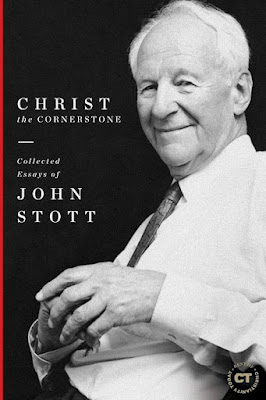"Preaching the gospel, far from being unnecessary, is indispensable. It is the God-appointed means by which the prince of darkness is defeated and the light comes streaming into people's hearts. There is power in God's gospel -- his power for salvation (Rom. 1:16).
"In our day there is a widespread disenchantment with words. People are bombarded with words by advertisers, politicians, and propagandists, until they become 'word-resistant.' In countries where television is available, words lose their power because of the greater power of images. After all, what is a word? Only a puff of breath, and in a moment it is gone, so intangible and transient is it.
"But the Bible has a different perspective. Behind every word is the person who speaks it, and the authority he possesses or lacks. God's Word has power for the sole reason that it is God who speaks it. His Word is creative ('for he spoke and it was done,' Ps. 33:9), productive ('my word ... shall not return to me empty but it shall accomplish that which I purpose,' Isa. 55:11), and redemptive ('it pleased God through the folly of what we preach to save those who believe,' 1 Cor. 1:21). Still today God honors his Word. Whether we share it with a single individual or preach it to a congregation or broadcast it by radio or distribute it in print, through it he can put forth his saving power."
(--John Stott, Christ the Cornerstone) (Christianity Today, 2019)

Comments